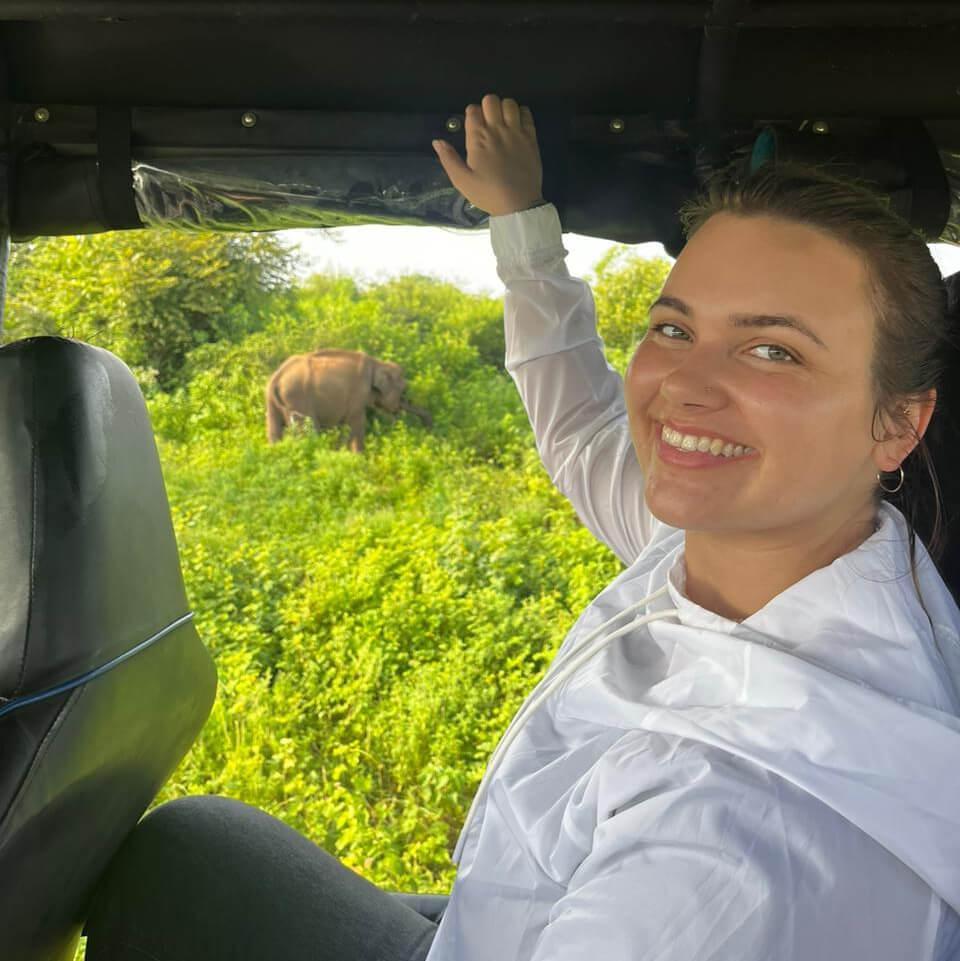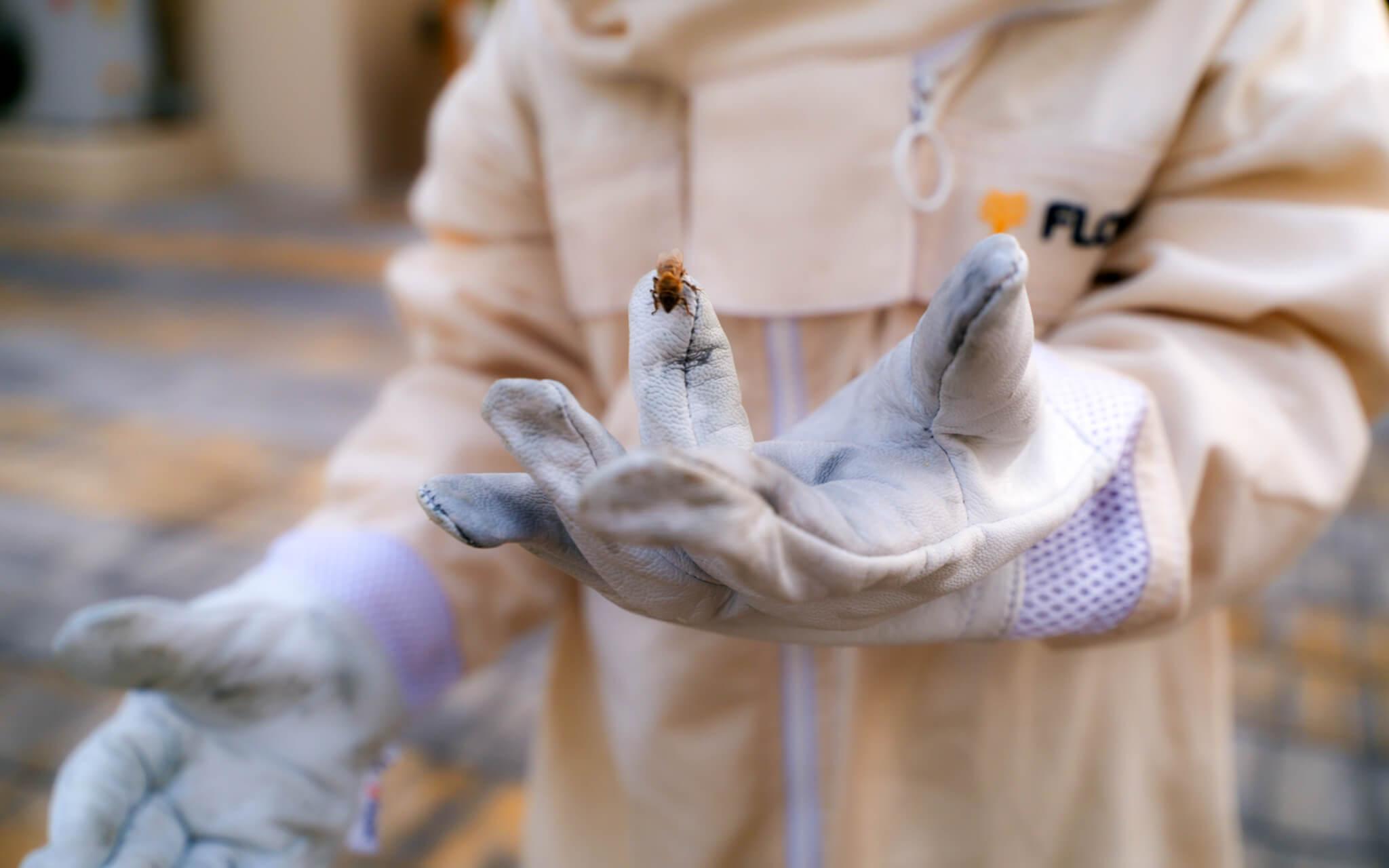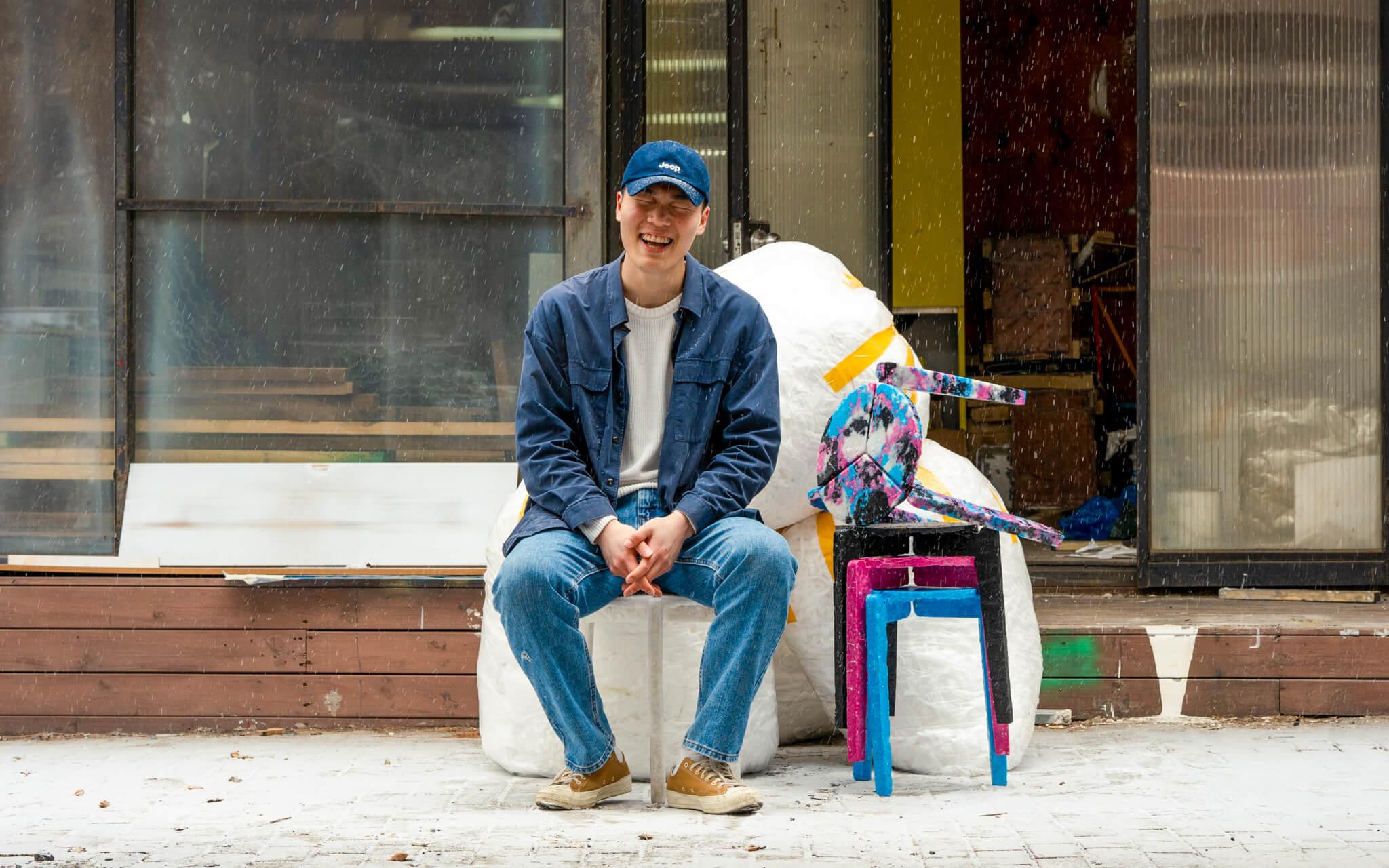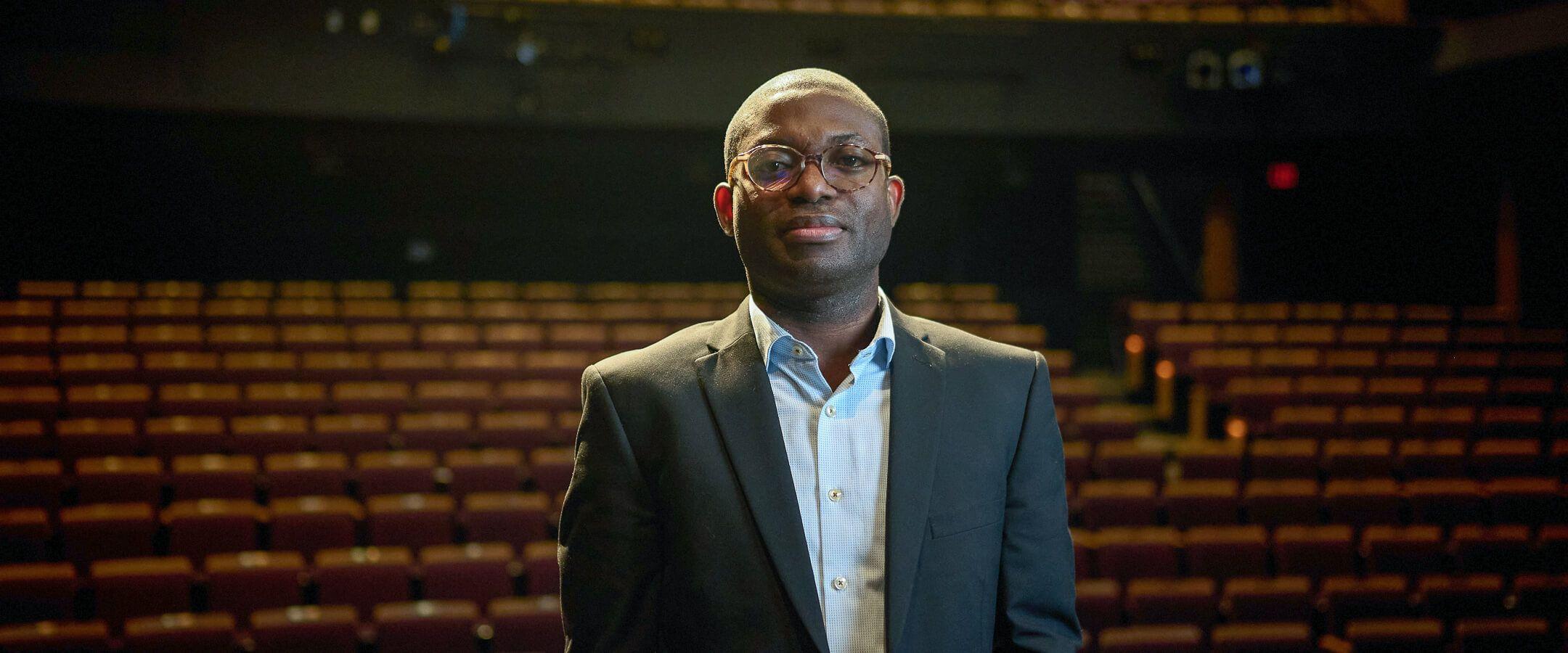Soothing the Surface Tension in Indonesia
How sustainable aquaculture is restoring the peace in Indonesia’s shrimping community.
For Roikhanatun Nafi’ah, co-founder and CEO of Crustea Indonesia, water is the life source of her family, her community and her country. Water not only regulates her own body but also dictates the health and peace within her community.
Shrimping has been a livelihood and a critical source of economic activity in Nafi’ah’s family and community for generations. For me, shrimping evokes core childhood memories—summers spent in a small beach town in the southern US, a large white net, a small boat, and a muddy, salt-water creek foraging wild shellfish. I expected Nafi’ah to relay an identical story to me and soon discovered it was anything but similar to my romanticised shrimp hunting memories.
Aquaculture - or farming in water - has long been engraved in Indonesian culture, with global demand in recent decades encouraging a surge in production. Indonesia is the world’s fourth-largest exporter of shrimp. And this year, driven by an ambitious plan set by the Ministry of Maritime Affairs, they aim to double their current production numbers to two million tonnes.
To keep up with demand, shrimp farmers have moved from sea-farming to pond-based aquaculture. However, mass production using these farming methods has resulted in severe climate challenges. Over the last three decades, Indonesia has lost nearly half of its mangrove area, primarily due to the pollution and destruction of conventional aquaculture practices.
“For a long time, there was a misconception that aquaculture had to be this way,” Nafi’ah explains. Throughout university, she worked with dozens of local shrimp farmers, who shared two common concerns: the shrimp were dying, and many could barely afford to work in their profession.
Nafi’ah’ studied Industrial Engineering, specialising in sustainable technology. “I knew that I wanted to have an impact on the eco-consciousness and sustainability of traditional practices in my country, but until I spent time with the shrimp farmers, I didn’t know this would become my focus.” Soon, Nafi’ah and her classmates started working on a new pilot project for shrimp farmers.
Most Indonesian shrimp farmers depend on electric aeration systems to oxygenate water for shrimp survival. Without these, stagnant and polluted water leads to high shrimp mortality rates. In recent years, soaring diesel prices have compelled local farmers to limit the use of aeration systems, impacting shrimp survival rates. Moreover, poor fuel quality further exacerbates concerns of mass pollution in farming waters.
“Water is a huge part of our community, our identity,” Nafi’ah reflects. “Our livelihoods and the stability of our communities rely on clean, fresh water. When financial stability and food security become threatened by polluted water, tensions rise.”
She continues, “For us, peace is clean water and plentiful seafood cycles.”
Nafi’ah and her peers spent years working alongside fish farmers, attempting to understand their hardships and devise solutions. “I was curious to try this out myself and felt it important to participate in the same socioeconomic activities as the community that raised me.” For Nafi’ah, it became clear that polluted water was still the main challenge for farmers.
After witnessing her own aquaculture failures using traditional farming methods, Nafi’ah and her classmates created an eco-efficient system. A system that ensured these farmers could sustain their livelihoods, increase food security in the local community, and lower their carbon footprint.
And it would all be done in the same medium: water.
“In just one cycle (3-4 months), we found that our solution worked. We increased the health and quality of the shrimp, survival rate, and size, all while reducing operational costs to 50 per cent,” Nafi’ah says.
Our livelihoods and the stability of our communities rely on clean, fresh water. When financial stability and food security become threatened by polluted water, tensions rise.
Following the pilot project’s success and her graduation from university with a Master’s in Industrial Engineering, Nafi’ah and her classmate co-founded Crustea in 2021. Crustea employs solar-powered aeration systems coupled with smart energy management to reduce electricity usage in shrimp farming, thereby lowering carbon emissions. Their management system ensures real-time water quality monitoring and control, contributing to sustainable aquaculture while still maintaining Indonesia’s abundant waterways.
However, not everyone welcomed Nafi’ah’s innovations. “At first, farmers were hesitant to try this new technology,” she shares. Born and raised in the heart of the aquaculture community, Nafi’ah credits Crustea’s initial acceptance to her lifelong relationships with shrimp farmers.
To foster widespread adoption of sustainable aquaculture solutions, Crustea provides comprehensive support to local farmers, including cultivation assistance over three to four months, awareness training, and ongoing guidance.
“The success of the farmers, their education, their sustainable practices - it all relies on water. For us, every day is World Water Day. Right now, it is critical to ensure that Indonesia’s future generations also have this life source to survive and grow.”
When I told Nafi’ah about my personal experience with shrimp harvesting, she admitted her own idealisation of this “sea-side” livelihood in Indonesia. “It wasn't until I fully immersed myself in the aquaculture community that I saw how dangerous it can be to our waters, the wildlife itself, and our climate.”
Water is life. And for Nafi’ah and the Crustea team, by listening and innovating, they’ve restored their community’s most valuable and beloved resource.
Most Popular
The Climate Tribe delivers stories about Biodiversity and Conservation, Circular Economy, Food and Water , and how they intersect with climate.
Subscribe
Get the latest stories inspiring climate action around the globe straight to your inbox.






